
A newly built very large gas carrier (VLGC) was named Lucent Pathfinder at a ceremony held at Kawasaki Heavy Industries’ Sakaide Works, marking the seventh dual-fuel LPG carrier using LPG ordered by NYK.The vessel, which will be chartered by United Arab Emirates-based LPG trader BGN INT DMCC
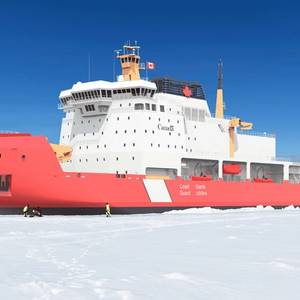
After developing the technique some five years ago, Aker Arctic has now completed the research required to get its new design methodology for icebreaker hulls accepted into the Finish-Swedish Ice Class Rules. The method has also been adopted to Polar Class rules of several Class Societies (LR, ABS, DNV).
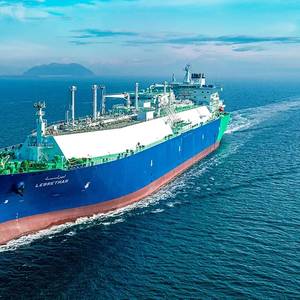
China’s share of the tanker orderbook rose from 32.4% in 2022, to 62.6% in 2023 and then 71.2% in 2024. Its share of the container ship orderbook has shown a similar growth trajectory. The nation has ranked first in the world for new orders since 2012. Labor costs are about half of what they are in Korea and Japan, and China is the world’s cheapest steel manufacturer.
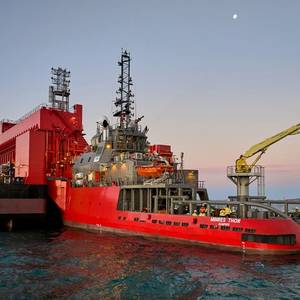
Australia’s unique enclosed self-discharging transhippers ensure a dust-free supply chain for the Onslow Iron project.Onslow in north Western Australia is a desert. It receives less than 10 inches of rain a year, and for much of the year temperatures reach 95 degrees Fahrenheit. It’s known for dust storms that can turn the town red.

The threat that AI and quantum computing pose to cyber security is already here, even before these technologies are mature enough to crack today’s encryption methods. Bad actors are taking a “harvest now decrypt later” approach to cyberattacks.Classical encryption methods like Rivest–Shamir–Adleman (RSA) and Elliptic Curve Cryptography (ECC) rely on the difficulty of factoring large numbers or
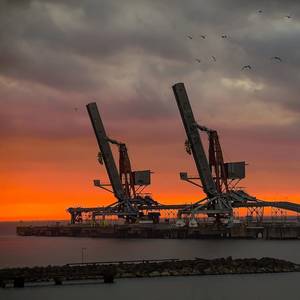
This week, the UK Marine Accident Investigation Branch (MAIB) issued its report on the deaths of three stevedores in a cargo hold access space on board a bulk carrier.Berge Mawson was in Indonesia, loading coal from barges using a floating crane. During a pause in loading due to heavy rain, all hatches were closed.
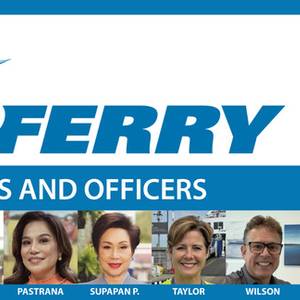
Interferry, the global association representing the ferry industry, announced the appointment of six new members to its Board of Directors. These new director appointments, approved at the Annual General Meeting (AGM) in Sorrento on October 6, reflect the diversity and global reach of the ferry industry.
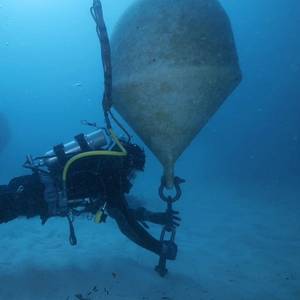
Brad Adams, co-founder of Subsea Estate in Western Australia, has just retrieved vats of his latest wine from the seabed just off the coast of Augusta.Partnered with wife and co-founder Jodee Adams and chief wine maker Emmanuel Poirmeur, he is creating a product unique in the southern hemisphere.
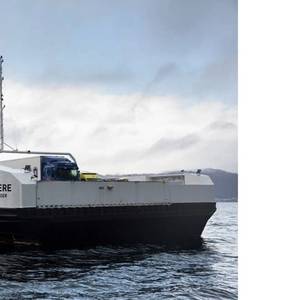
Ed Schwarz, Head of Marine Solutions Sales for Siemens Energy in the US and Canada, says education is the best first step for any shipowner interested in electrification.“Talk to someone who’s done it. Go aboard a vessel. Visit a hybrid ferry. Owners love sharing their stories and their hard-won insights.
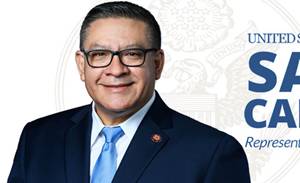
Coast Guard and Maritime Transportation Subcommittee Ranking Member Salud Carbajal (D-CA-24) and Chair Mike Ezell (R-MS-04) announced their bipartisan American Cargo for American Ships Act passed the House of Representatives. The legislation will strengthen U.S. cargo preference laws to stop the ongoing decline of U.S. flagged ships engaged in international trade.
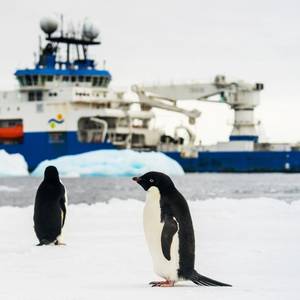
After a year of preparing the ship and crew, Schmidt Ocean Institute’s research vessel Falkor (too) has completed its first science expedition to Antarctica. The three-week expedition, which ended in early January, was ambitious in its science scope and required operational refinements to navigate safely in unfamiliar environmental conditions.
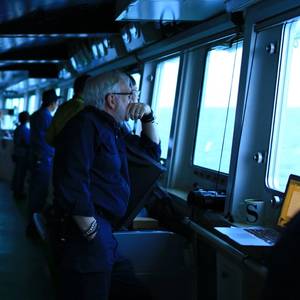
It’s late in the season so Captain Duke Snider, sailing on a resupply voyage from New Zealand to Antarctica, is expecting virtually no sea, just glacial ice.Snider has been an ice navigator for decades, and he has seen the ocean change, not just here in the polar south, but in Arctic waters as well.